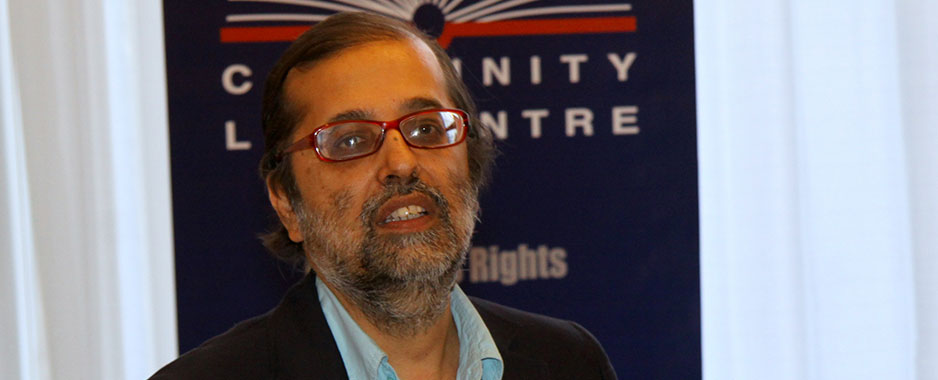
Despite costing the telecommunications industry hundreds of millions of rand, government says the Sim card registration process was worth it and is already helping fight crime. MTN alone confirms it has spent R250m registering its subscribers.
“It was a costly exercise, but it was necessary,” says deputy communications minister Obed Bapela.
South Africans had until the end of June to register nearly 50m Sim cards or face having their services disconnected. More than 95% of Sims have been registered, according to the country’s four mobile operators.
“The process has gone off remarkably smoothly and has been characterised by high levels of cooperation between government and industry,” says Bapela. “We do need this legislation [because] we are … entering an environment where information and communications technology sets the framework within which we conduct business and lead our personal lives … and to leave those areas as unregulated as they were would pose serious challenges in terms of combating crime and corruption.”
Andries Nel, deputy minister of justice & constitutional development, says disruption around the registration of Sim cards has been “minimal”. “The industry has said this legislation has been a blessing in disguise because it’s allowed them to understand their consumer market much better. They’ve changed what was initially viewed as a burden into a business advantage.”
Nel says the Regulation of Interception of Communications and Communication-Related Information Act (Rica), which required the registration of Sim cards, has played a “quite significant” role in helping the police pursue criminal cases. He isn’t immediately able to say how many prosecutions have resulted from police using Rica to pursue criminals. — Duncan McLeod, TechCentral
- Subscribe to our free daily newsletter
- Follow us on Twitter or on Facebook




